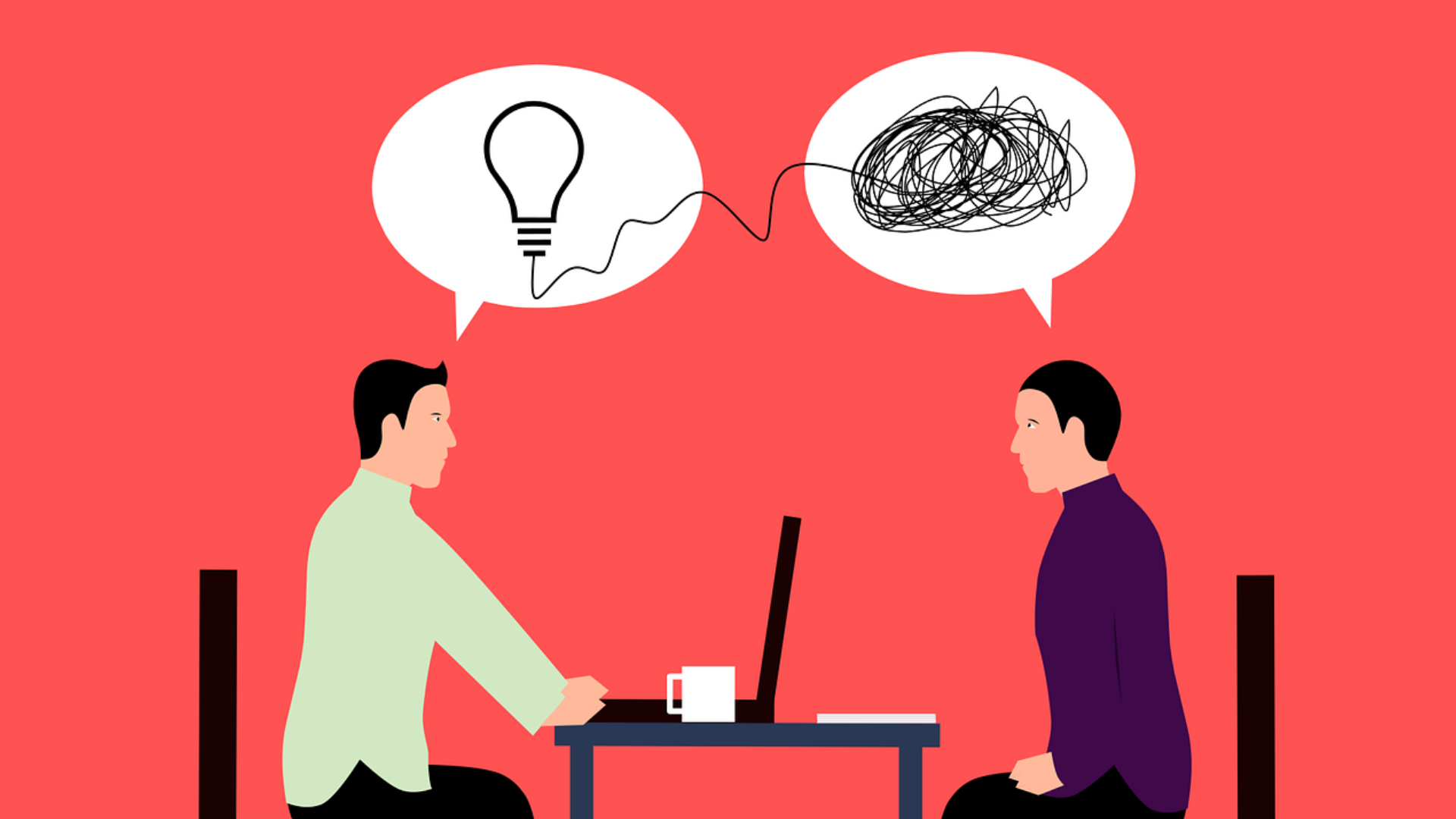Aiding the UK’s Economic Recovery
The Critical Role of Mental Health and Resilience
The UK’s post-pandemic economic recovery is at a crossroads. Inflationary pressures, labour market shortages, and rising mental health issues are converging into a complex national challenge. Amid the economic data and political soundbites, one truth is becoming clearer: the mental health of the nation is not just a public health issue, it’s an economic one.
If we are to rebuild a sustainable, productive economy, we must first understand and invest in the psychological wellbeing of the workforce. And at the heart of this conversation lies one powerful, often under-utilised tool: resilience.
Why Mental Health Matters to the Economy
Poor mental health costs the UK economy an estimated £118 billion a year, according to a 2022 report from the Mental Health Foundation. That figure includes lost productivity, reduced tax revenues, increased healthcare expenditure, and the economic ripple effects of workforce withdrawal.
The challenges are widespread. From NHS waiting lists for therapy to burnout in frontline sectors, the cost of untreated or unsupported mental health concerns is both deeply personal and profoundly systemic.
What’s more, the UK has one of the highest levels of economic inactivity due to long-term sickness in modern history. The recent Office for National Statistics data shows that mental health conditions, particularly anxiety and depression, are a growing cause of absence and long-term unemployment.
Mental health is no longer a fringe HR concern, it’s an economic driver.
Resilience: The Missing Link in Recovery Strategy
While policy initiatives, such as the Government’s Back to Work Plan, aim to address structural issues, they often overlook the psychological readiness required for individuals to re-engage meaningfully with the labour market.
This is where resilience plays a critical role.
Resilience is the psychological capacity to cope with stress, adapt to change, and bounce back from adversity. It is not about avoiding difficulty, but about meeting it with self-awareness and adaptive strategies. In economic terms, it’s the difference between someone dropping out of the labour market at the first hurdle, and someone staying engaged, even in the face of challenge.
It’s not just about “toughness” or stoicism, either. Resilience involves emotional regulation, healthy coping mechanisms, social connectedness, and a sense of agency, all of which are strongly associated with sustained employment and overall life satisfaction.
Workforce Wellbeing and Sustainable Growth
There’s increasing consensus among economists, health experts, and business leaders that economic growth is not sustainable without workforce wellbeing. The CIPD has long advocated for wellbeing-led workplace strategies, linking them directly to productivity, retention, and employee engagement.
As businesses grapple with skills shortages and low morale, embedding mental health support and resilience training can create more adaptive and future-ready workforces. This isn’t just a social responsibility, it’s a sound economic strategy.
A Practical Path Forward
At PsycApps, we’ve seen first-hand how resilience can transform not only individual outcomes, but also organisational and systemic ones. Our CPD-Certified Resilience Development Programme offers a structured, evidence-based way for individuals to strengthen their psychological resilience, whether they’re returning to work, managing mental health conditions, or simply navigating the pressures of modern employment.
Rooted in clinical psychology and supported by interactive digital tools, the programme is designed for real people in real contexts. It doesn’t shy away from the complexity of mental health, it meets it head-on, with empathy and scientific rigour.
This approach aligns closely with national priorities: reducing economic inactivity, supporting those with health conditions, and building a mentally fit population.
From Recovery to Renewal: A Call to Action
The UK has a rare opportunity not just to recover, but to renew. To move beyond crisis management and into a phase of sustainable, inclusive economic health. But we can’t get there without acknowledging the mental and emotional burden the last few years have placed on individuals and communities.
Resilience is not a silver bullet. But it is a foundational skill, one that underpins everything from employability to innovation. If we want an economy that works, we need people who feel capable of working. And that means recognising mental health and resilience not as soft skills, but as critical infrastructure.
Explore our CPD-Certified Resilience Development Programme to start your journey today.


